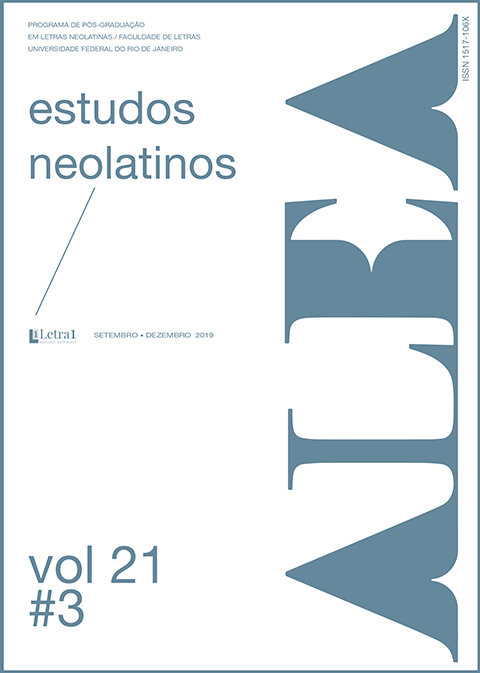On the cusp of mediating poverty: phenomenal experience and fear
Résumé
This paper presents some conceptual observations on how the condition of poverty is brought to public attention and discussed, i.e. on mediations of poverty. It is proposed that such mediation is largely monopolised by those who are not-poor, though attempts to describe the not-poor as a category call for circumspection. As such, mediations are based on preconceptions which are seldom examined carefully. These preconceptions are dubbed phenomenal bases here, and three are outlined in general terms: poverty as experience, visible poverty, and poverty in abstract. A final section considers ‘fear of poverty’ as a pervasive idea, and speculates on the possibility of approaching political economy accordingly.
Références
BUTLER, Judith. Precarious Life: The Powers of Mourning and Violence. London: Verso, 2004.
GALSTON, William A. and Peter H. Hoffenberg eds. Poverty and Morality: Religious and Secular Perspectives. Cambridge: Cambridge University Press, 2010.
GENDLIN, Eugene. Experience and the Creation of Meaning: A Philosophical and Psychological Approach to the Subjective. Evanston: Northwestern University Press, 1962.
HAUGHTON, Jonathan and Shahidur R. Khandker. Handbook on Poverty and Inequality. Washington: World Bank, 2009.
HIMMELFARB, Gertrude. The Idea of Poverty: England in the Early Industrial Age. London: Faber and Faber, 1984.
LISTER, Ruth. Poverty. Cambridge: Polity, 2004.
LOREY, Isabelle. State of Insecurity: Government of the Precarious. Trans. Aileen Derieg. London: Verso, 2016 [2012].
RAVALLION, Martin. The Economics of Poverty: History, Measurement, and Policy. Oxford: Oxford University Press, 2016.
SARTRE, Jean-Paul. Being and Nothingness. Trans. Hazel Barnes. New York: Methuen, 1956 [1943].
Téléchargements
Publié-e
Numéro
Rubrique
Licence
O/A/S AUTOR/A/S confirma/m sua participação em todas as etapas de elaboração do trabalho: 1) Concepção, projeto, pesquisa bibliográfica, análise e interpretação dos dados; 2) Redação e revisão do manuscrito; 3) Aprovação da versão final do manuscrito para publicação; 4) Responsabilidade por todos os aspectos do trabalho e garantia pela exatidão e integridade de qualquer parte da obra. O envio dos trabalhos implica a cessão imediata e sem ônus, por parte de todos os autores, dos direitos de publicação para a revista Alea, a qual é filiada ao sistema CreativeCommons, atribuição CC-BY (https://creativecommons.org/licenses/by/4.0/). Os autores são integralmente responsáveis pelo conteúdo do artigo e continuam a deter todos os direitos autorais para publicações posteriores do mesmo, devendo, se possível, fazer constar a referência à primeira publicação na revista. Alea não se compromete a devolver as contribuições recebidas. Autores de artigos, resenhas ou traduções receberão um exemplar da revista.

